Captive Screws
YH FASTENER provides captive screws designed for secure fastening without loss during maintenance or assembly. Ideal for panels and enclosures, they ensure convenience, safety, and repeat usability.

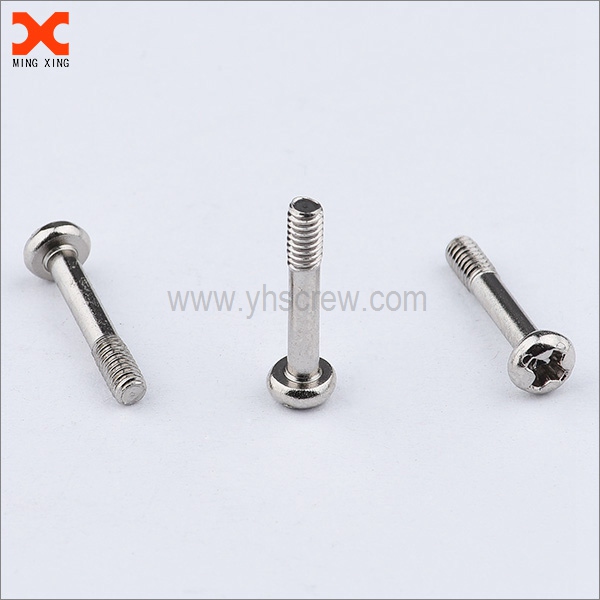
Category: Captive screwTags: 18-8 stainless steel screws, captive fasteners, captive screw manufacturer, m3 captive screw, Phillips pan head captive screws

Category: Captive screwTags: captive screw, metric captive screws, pan head screw, stainless steel screws, torx pan head screw

Category: Captive screwTags: captive panel screws metric, combo drive screw, knurled captive thumb screws, stainless steel screw

Category: Captive screwTags: captive bolts fasteners, captive fasteners, captive hardware, captive screws stainless steel, flange head captive screw, screw with captive washer, washer head captive screw

Category: Captive screwTags: captive screw manufacturer, captive screws, stainless steel captive screws, Torx pan head captive screw

Category: Captive screwTags: captive screw manufacturer, captive screws, Security captive screw, stainless steel captive screws, Torx pan head captive screw

Category: Captive screwTags: black nickel screws, captive fasteners, captive screw, pin torx security screws, security captive screws
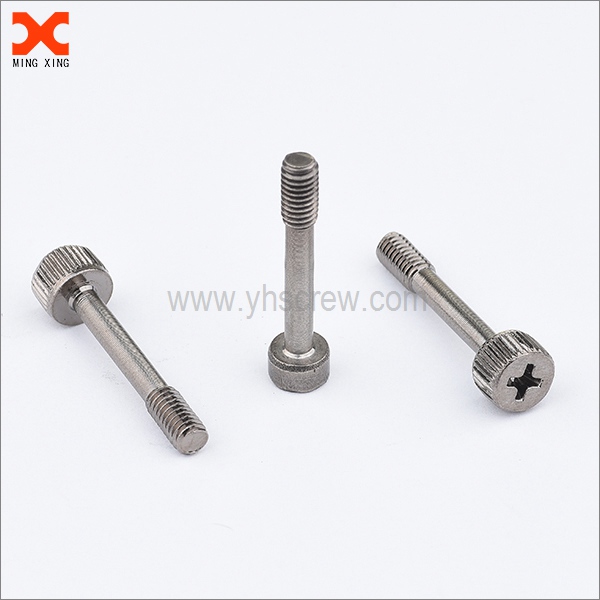
Category: Captive screwTags: 18-8 stainless steel screw, captive fasteners, captive screw, captive thumb screw, Phillips captive thumb screws, phillips screw
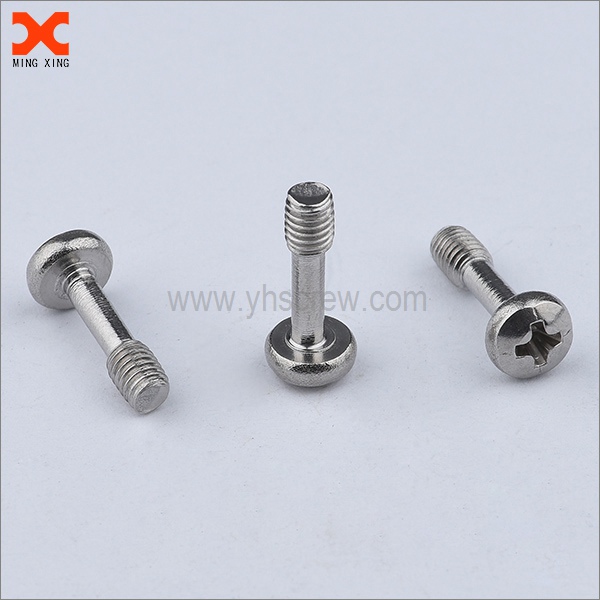
Category: Captive screwTags: black nickel screws, captive screws, captive screws stainless steel, phillips drive screw, Phillips pan head captive screws

Category: Captive screwTags: captive bolts fasteners, captive panel fasteners, captive screws, special fasteners manufacturers, specialty fasteners
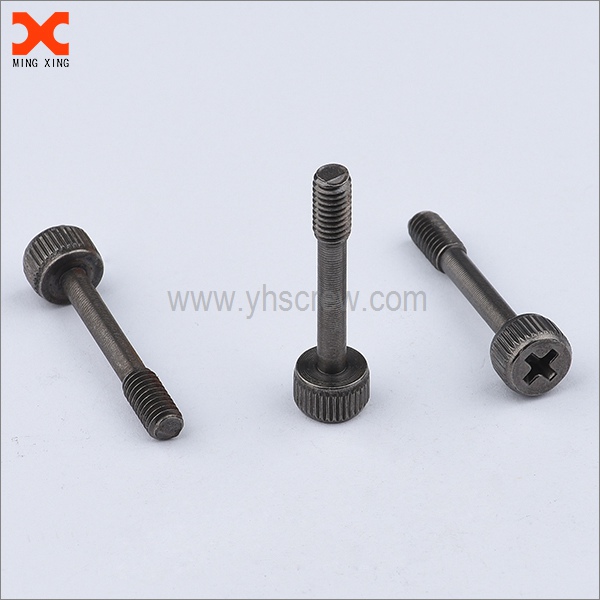
Category: Captive screwTags: captive fasteners, captive hardware, captive panel screws metric, captive screw fastener, metric captive panel screws, phillips drive screw, stainless steel screw
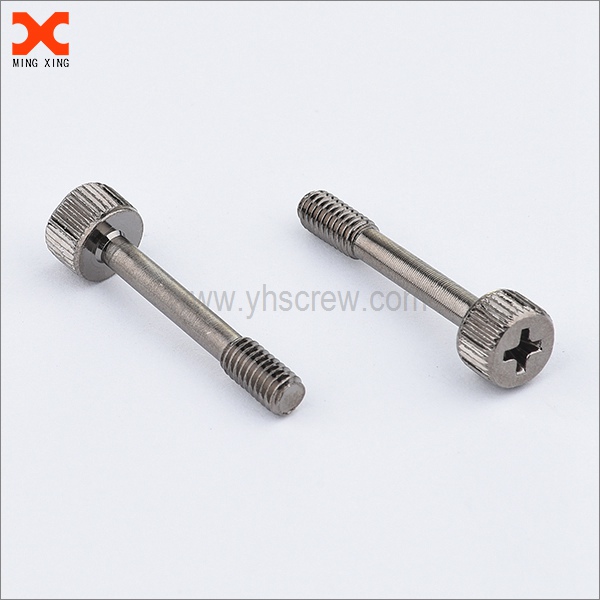
Category: Captive screwTags: black nickel screws, captive fasteners, captive screw, captive thumb screw, Phillips captive thumb screws, stainless steel screws
Captive screws are specialized fasteners designed to remain secured within a component or housing, featuring a non-threaded section known as the reduced shank beneath the head. This design ensures that the captive screw cannot be fully extracted from the hole or lost during disassembly. At Yuhuang Fasteners, we maintain a variety of sizes and materials for captive screws and offer custom fasteners tailored to your specifications, including size, material, and surface finish.
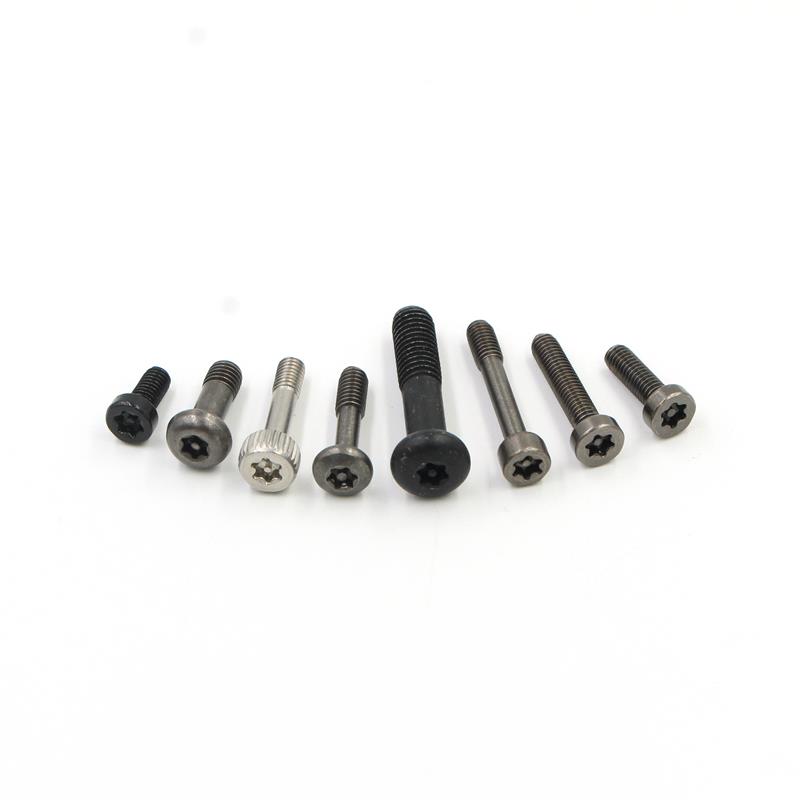
Captive screws come in various types, each suited to specific applications and designs. Here are some common types of captive screws:
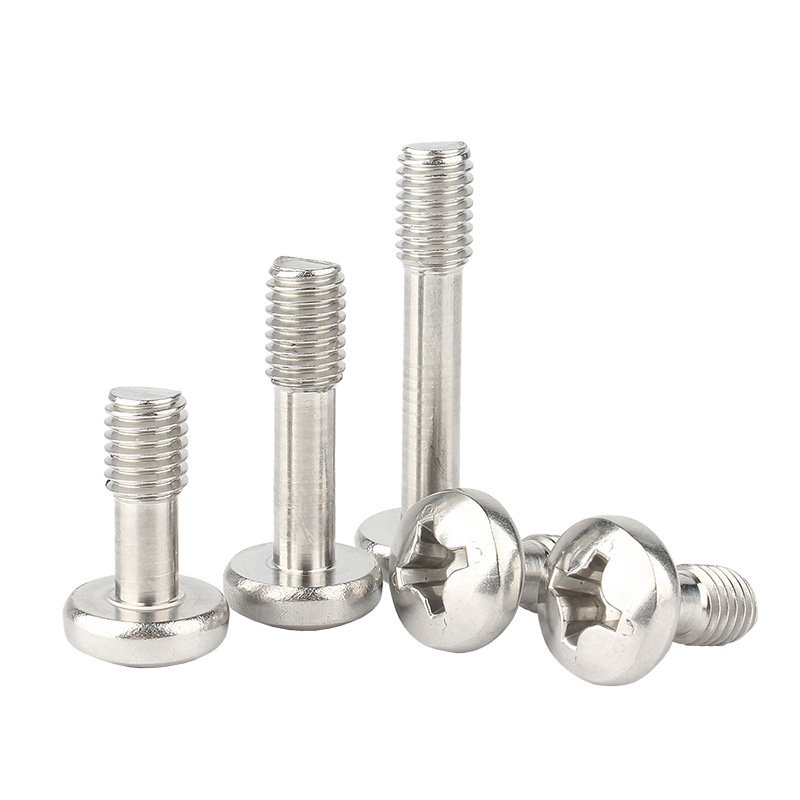
Button Head Captive Screws
These have a small, domed head that sits flush with the surface, providing a neat and low-profile appearance.
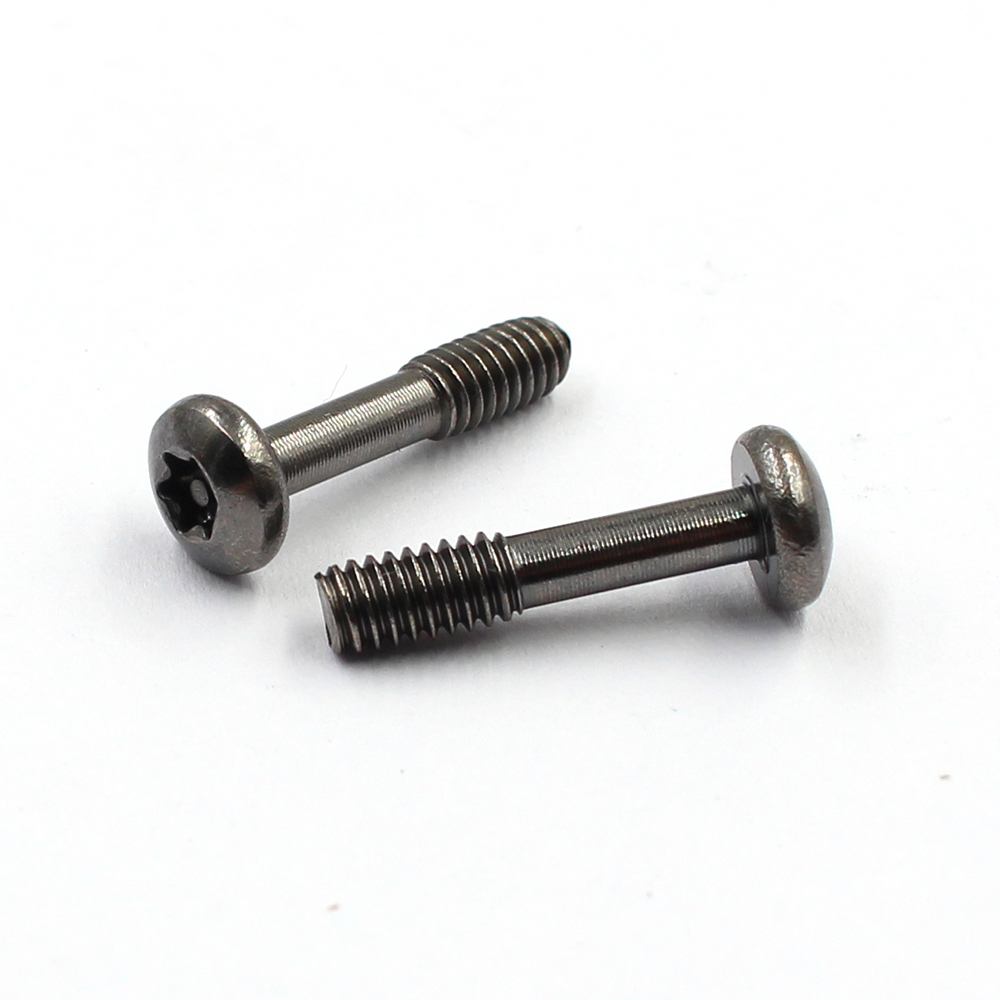
Pan Head Captive Screws
Featuring a flat, round head, these captive screws offer a balance between a low profile and ease of use.
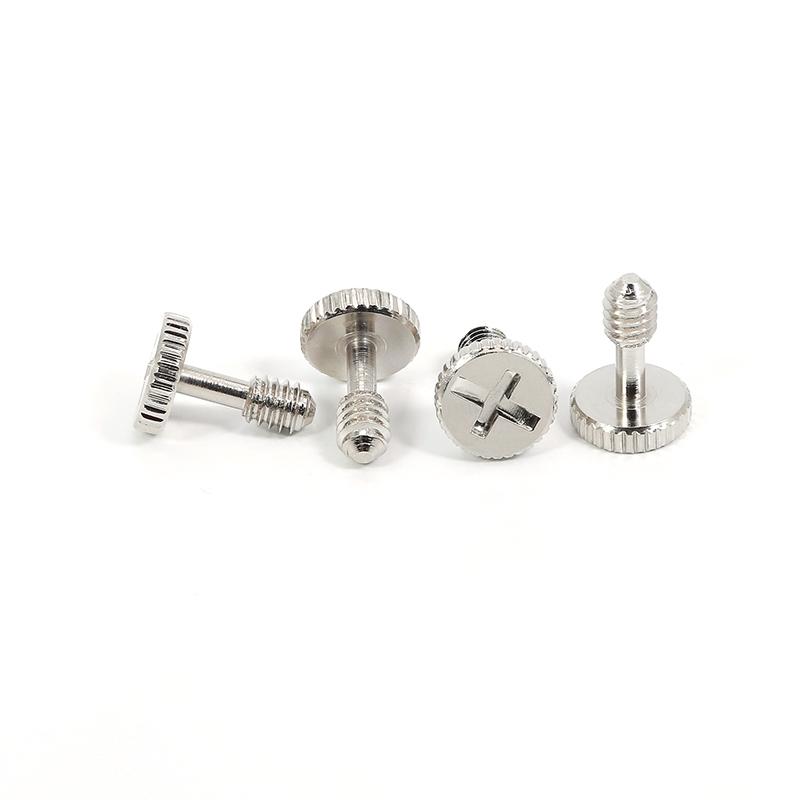
Thumb Screw Captive Screws
Featuring a knurled head for easy manual adjustment, these captive screws are convenient for applications requiring frequent assembly and disassembly.
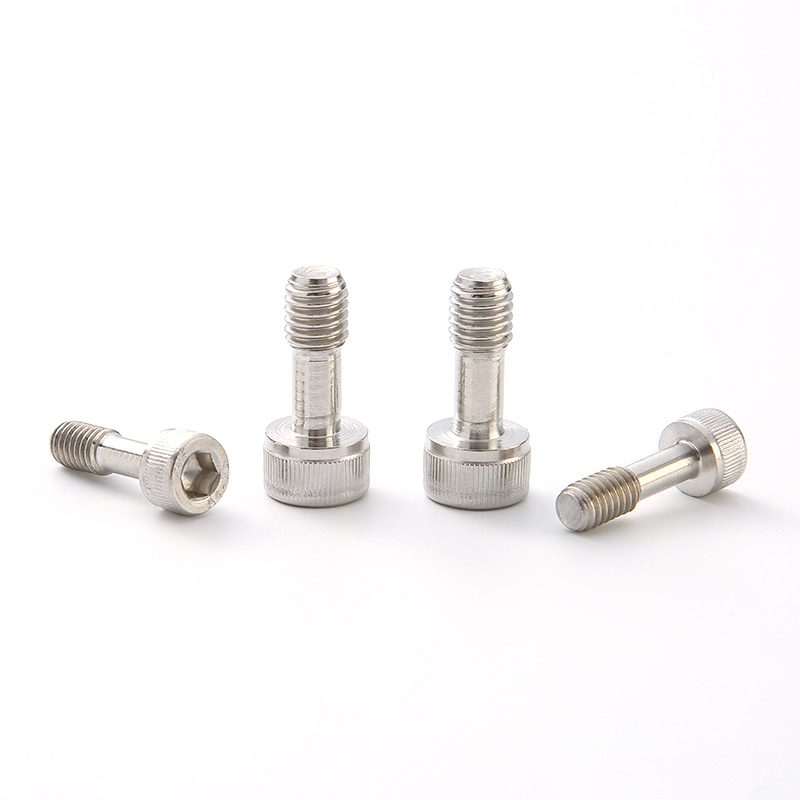
Socket Captive Screws
These have a hexagonal or star-shaped indentation in the head, compatible with specific bit types for secure and precise installation.
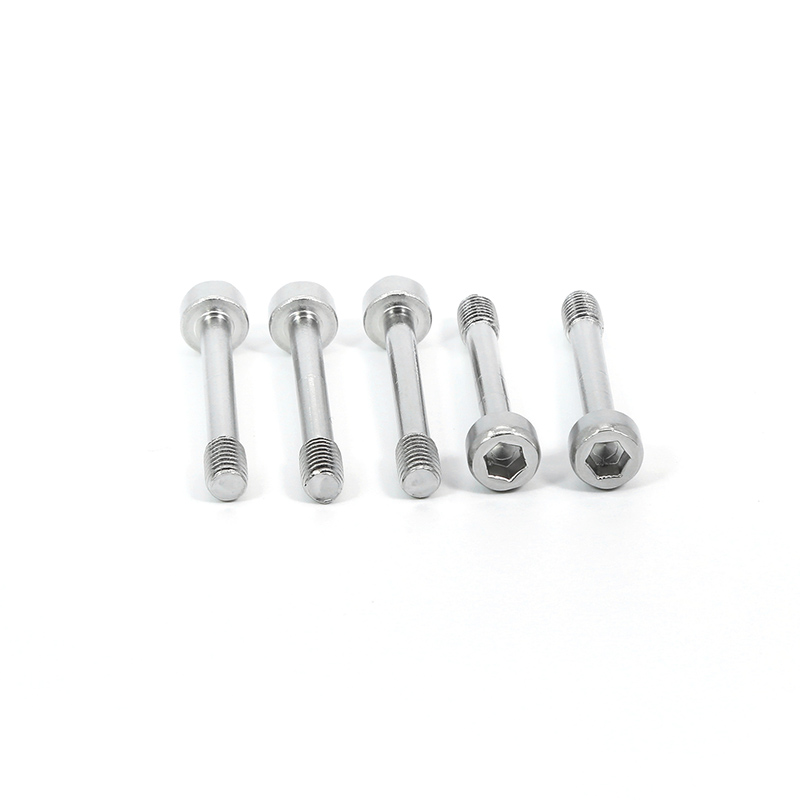
Cup Head Captive Screws
With a small, concave head, these screws provide a smooth, finished look while remaining captive.
These types of captive screws can be further customized in terms of material, thread type, and surface treatment to meet the specific needs of various applications.
Captive screws are utilized in a variety of applications where secure, tamper-resistant fastening is required, and the fastener must remain attached to the component. Here are some common applications:
1. Electronics Enclosures: Securing covers and panels to prevent unauthorized access or to protect internal components.
2. Appliance Fastening: Holding parts together in household appliances where regular access for maintenance might be needed.
3. Automotive Interiors: Attaching trim, panels, and electronics within vehicles that require secure yet removable assembly for service.
4. Furniture Assembly: Joining parts of furniture, especially in designs where a clean, unobtrusive look is desired.
5. Industrial Equipment: Securing access panels and covers in machinery where regular maintenance checks are performed.
Captive screws are chosen for these applications due to their ability to stay in place, reducing the risk of loss and providing a convenient means of securement that can be easily managed by hand.
At Yuhuang, the process of ordering Custom Fasteners is simple and efficient:
1. Identify Your Specifications: Define the material, dimensions, thread pitch, and head type you need.
2. Get in Touch: Contact us to discuss your specifications or to arrange a consultation.
3. Place Your Order: After confirming the details, we will proceed with manufacturing your order.
4. On-Time Delivery: We guarantee that your order will be delivered promptly to align with your project timeline.
1. Q: How do you use captive screws?
A: Captive screws are used by aligning, inserting, and tightening them into place within a component or panel, allowing for secure and tool-less fastening and easy reusability.
2. Q: How do you screw in anti-theft screws?
A: Anti-theft screws are installed by tightening them into place using a specific tool or method that deters unauthorized removal, such as a unique driver bit or a breakaway head.
3. Q: How do you screw into a security screw?
A: To screw into a security screw, you need a specialized tool or key that matches the unique head or drive system of the screw, preventing unauthorized access.





